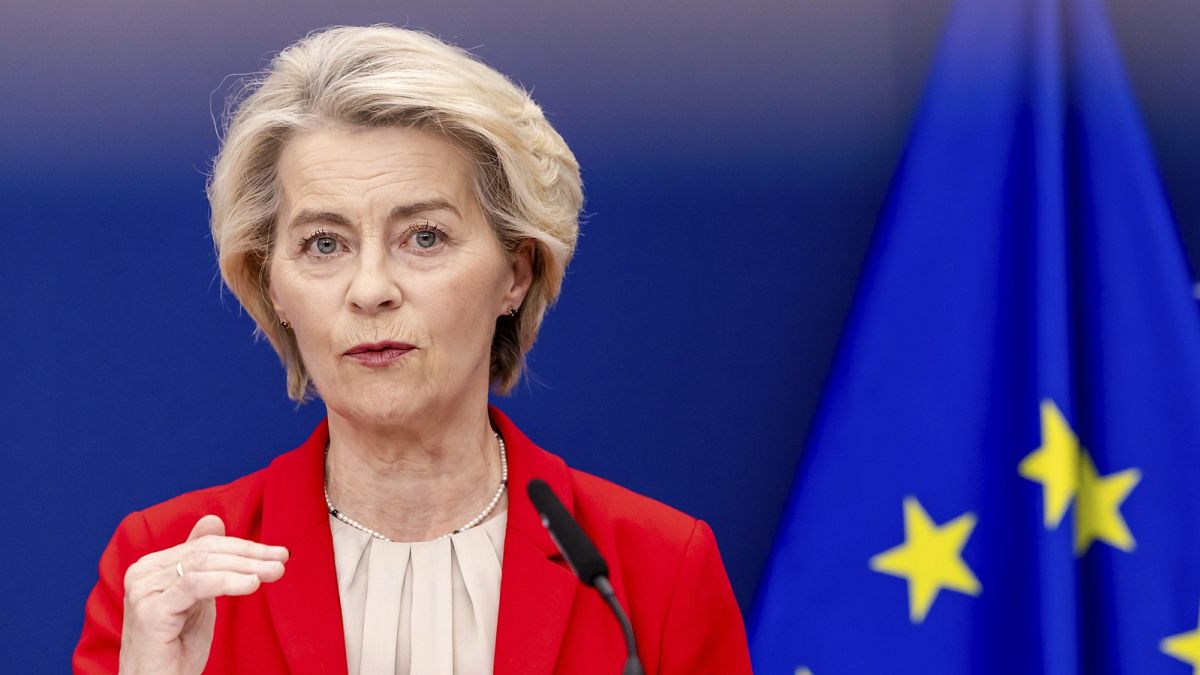

In an increasingly interconnected world, efforts to protect human rights and foster social equity are gaining momentum across continents. Recent global events highlight critical issues affecting diverse communities, from the support for LGBTIQ+ rights in Europe to migratory challenges in Central America and the ongoing political dialogue in Northern Ireland. These developments underscore a commitment to building a more inclusive and harmonious global society.
In Hungary, the call for inclusivity and acceptance took center stage as European Commission President Ursula von der Leyen urged Hungarian authorities to lift the ban on the Budapest Pride event. In a heartfelt video address, she expressed unwavering support for the LGBTIQ+ community, affirming, “I will always be your ally.” This plea comes amid growing concerns over constraints on freedoms within the country, representing a broader push for unity and equal rights across the European Union. Von der Leyen’s message highlights the importance of societal openness and acceptance, not just within Hungary, but as a universal standard of human dignity.
Meanwhile, in the Americas, a court ruling in Costa Rica demanded the release of migrants deported from the United States. Approximately 200 individuals, including families and children from countries like Afghanistan, Iran, and Russia, were relocated under a prior agreement between the US and Costa Rica. The decision to release them comes amidst criticism over the initial deportations, which human rights organizations have labeled as inhumane. As the US Secretary of Homeland Security visits the region, this ruling reflects a growing recognition of migrants’ rights and the need for compassionate immigration policies that respect and uphold human dignity.
Across the Atlantic, a case of wrongful deportation underscores the intricacies of legal and governmental responsibilities within immigration systems. Jordin Melgar-Salmeron, who was mistakenly deported to El Salvador after a US court had explicitly prohibited his removal, is to be returned to the United States. The New York-based Second Circuit Court of Appeals has instructed the US government to explain their adherence to judicial orders and ensure compliance with legal standards. This case reinforces the commitment to procedural fairness and legal accountability, reminding us of the careful balance between national sovereignty and international human rights obligations.
In Northern Ireland, the conversation around reconciliation and potential unification with Ireland is evolving. Though reconciliation has historically been a widely endorsed goal, its implications have sparked debate. Some nationalists view the emphasis on reconciliation as an impediment to pushing for a unity referendum, viewing it as an “undisguised unionist veto.” Despite waning momentum for the referendum, the commitment to healing historical divisions remains crucial. The reconciliation process serves as a reminder of peace’s transformative power and the necessity for dialogue in resolving past conflicts.
These stories, spanning continents and cultures, spotlight a universal journey towards inclusivity and unity. The pursuit of human rights, equitable treatment, and dialogue continues to shape the geopolitical landscape, demonstrating an enduring dedication to building bridges across divides. As these narratives unfold, they contribute to the collective effort toward a more harmonious global community where every individual is respected and valued.
Source: {link}
